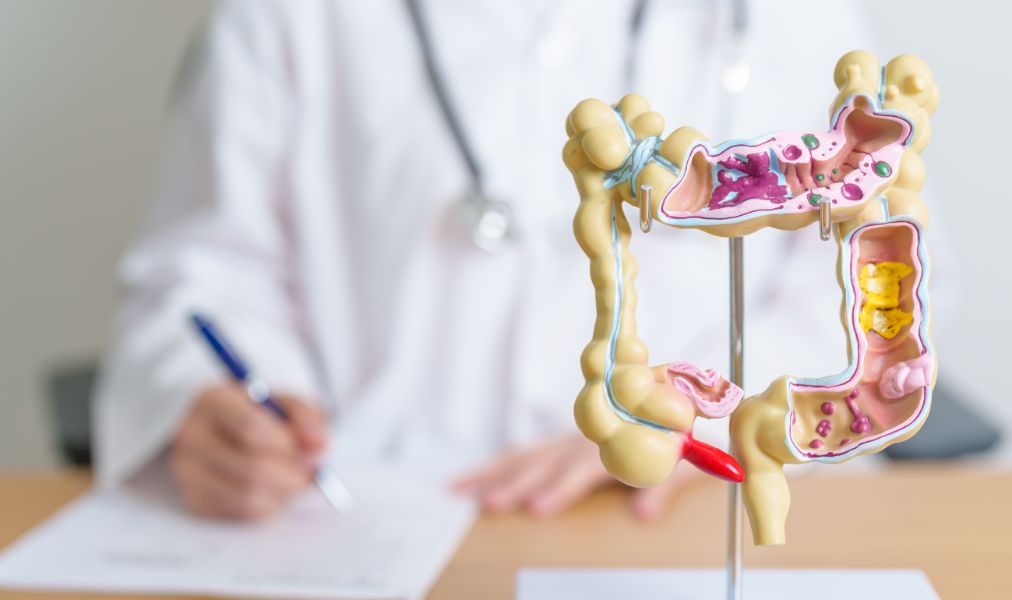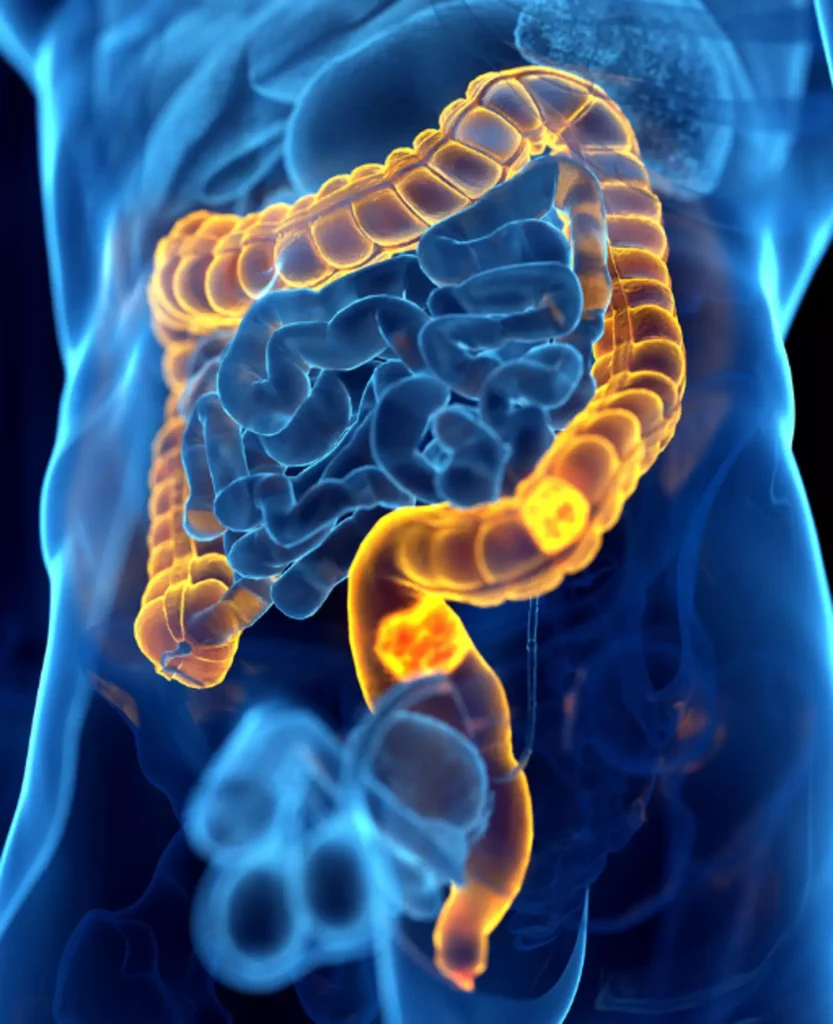A surgeon has shared an important piece of advice aimed at preventing colon cancer, especially as cases seem to be increasing in people under 50.
Dr. Parul Shukla, a colon and rectal surgeon at Northwell Health, revealed the key piece of guidance he gives to his patients.
This statement follows reports from Cancer Research UK, which highlighted a rise in bowel cancer rates among adults aged 20 to 50.

What is colon cancer?
Colon cancer, also referred to as bowel cancer, is a type of cancer that develops in the large bowel, which includes the colon and rectum. It is one of the most prevalent cancers in the UK and can occur at any part of the large bowel.
Additionally, colon cancer is the third most commonly diagnosed cancer globally, according to the World Cancer Research Fund.
Advice from Dr. Shukla on preventing colon cancer

Dr. Shukla, a physician based in Westchester, New York, emphasized to the New York Post the importance of encouraging colonoscopies—screenings for colon cancer—before the age of 45, especially for those with a family history of the disease.
He advised having open conversations with loved ones, stating: “[This has] always been one of my requests to people: Please don’t be shy to discuss the findings of your colonoscopy with your children or with your siblings, because you might save a life.
“If my father had an advanced adenoma, I should know about it, because that would mean that I would need to be screened at least five or 10 years earlier than the screening age, because that history is as strong as if you would have had a cancer.
“Please don’t be shy to let them know.”

“If you don’t mind, tell them that this is what I have, and I think that’s going to impact on your age for screening,” he said.
Discussing the increase in cases among younger age groups, he acknowledged: “Actually, the data is quite shocking.
“You’ll be surprised to hear, in the under 50s, women are getting colorectal cancer at an enhanced rate as compared to men.
“It’s actually flipped the rate … so it’s a frightening statistic, but unfortunately, in the younger age group, women are getting colorectal cancer more than men.”
Symptoms of Colon Cancer
According to the NHS, the following symptoms may indicate colon cancer:
- Changes in your pooing habits
- Blood in your poo (may look red or black)
- Bleeding from your bottom
- Feeling like you need to poo even if you’ve just been to the toilet
- Tummy pain
- A lump in your tummy
- Bloating
- Losing weight without trying
- Feeling very tired for no reason
If you experience any of these symptoms and need confidential support, reach out to Macmillan’s Cancer Support Line at 0808 808 00 00. Their team is available from 8 AM to 8 PM, seven days a week.






